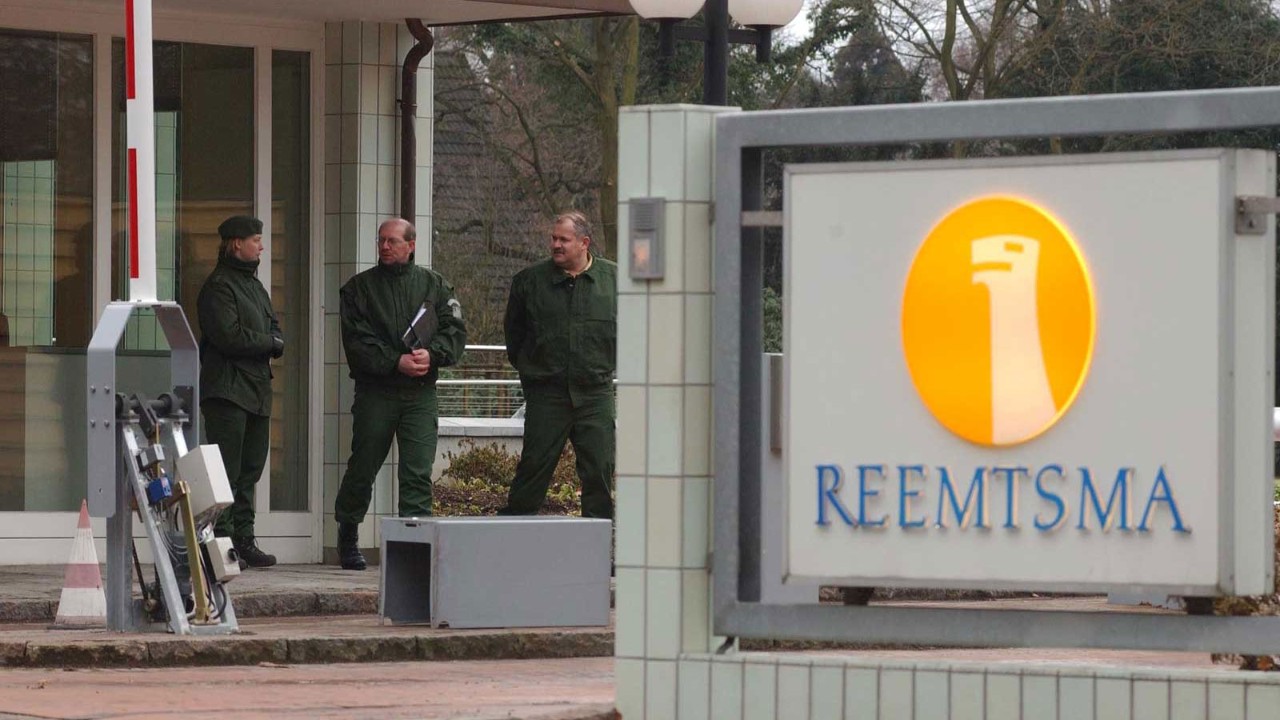
There are some companies that few people have ever heard of but whose names resonate loudly with European tax advisers. One such, Reemtsma Cigarettenfabriken, rose to fame in 2007 when the Court of Justice of the European Union (CJEU) ruled on a case where the company was seeking the reimbursement of unduly paid Italian VAT directly from the Italian authorities.
The CJEU established that when a value-added tax (VAT) reimbursement becomes either impossible or excessively difficult to obtain from a service provider (for example, because of the insolvency of the supplier), the recipient of the services should be able to address their application for recovery to the tax authorities directly.
There have been several high-profile EU court cases centred around Reemtsma claims
Since then, this principle has been known as the Reemtsma principle (or Reemtsma claim), and it gets re-tested every now and then in VAT disputes across Europe. In the past three years, there have been several high-profile EU court cases centred specifically around Reemtsma claims, with every judgment providing greater clarity on the scope, application and limitations of these claims.
Land application
In 2022 the CJEU found that the principle established is also applicable in situations where VAT has been incorrectly charged on land-related transactions, which are typically subject to the value-added tax of the country where the property or land is located.
In the HUMDA Magyar Auto-Motorsport case, the Hungarian company was charged Hungarian VAT on the net fee paid for the construction of a pavilion located in Italy. The service should have been subject to Italian VAT instead. Consequently, the Hungarian tax authority denied HUMDA the right to recover VAT as input tax.
However, the company was not in turn able to request a VAT reimbursement from its supplier – which had gone into liquidation – and sought the application of the Reemtsma principle, which the Hungarian tax authority also denied, hence the escalation to the CJEU.
Claims are possible where a limitation period to correct an overcharge has lapsed
The CJEU reaffirmed that ‘where it is impossible or excessively difficult’ to claim a legitimate VAT reimbursement from a service provider and ‘there is no risk of loss of tax revenue’, a member state must not preclude a recipient of a supply to seek such reimbursement directly from the tax authority of the member state in question.
Overcharging
In 2023 it was established that Reemtsma claims are also possible in cases where national laws provide for a limitation period to request a supplier corrects an overcharge of VAT, and this period has lapsed.
More specifically, in Michael Schütte v Finanzamt Brilon, the CJEU ruled that in the absence of fraud and where a tax authority can still assess a person for over-recovery of VAT, ‘national rules or practices which result in refusing an input VAT reimbursement to a purchaser of goods in respect of which he or she was improperly invoiced and which he or she overpaid to his or her suppliers appears not only contrary to the principles of VAT neutrality and of effectiveness but also disproportionate, where it is impossible for him or her to claim reimbursement from those suppliers on the sole ground of the limitation period on which those suppliers rely against him or her’.
More recently, a similar conclusion was reached in Greentech. The case concerned a supply deemed not subject to VAT by the Romanian tax authorities and the customer prevented to request a refund for overpayment of VAT directly to the supplier due to statute of limitations provisions.
The recipient must ‘be able to apply directly to the tax authorities for reimbursement’
The ruling of the CJEU, in March 2025, should now sound familiar: in such a situation the recipient of the supply must ‘be able to apply directly to the tax authorities for reimbursement’.
Liquidation factor
Last year it was the turn of testing the Reemtsma principle when a tax authority of the EU has already refunded the overpaid output VAT to a supplier, which has subsequently gone into liquidation without reimbursing the recipient of the service.
In H GmbH v Finanzamt M, the CJEU established that in such circumstances the recipient cannot rely on the Reemtsma principle and ‘may not request directly from the tax authority of the member state in whose territory it is established, the refund of the VAT which it paid to the supplier of that service – which invoiced in error the national VAT of that member state instead of the VAT legally due in another member state’.
This is because, the CJEU explained, tax authorities that have already refunded the value-added tax to the supplier would otherwise be out of pocket and the principles of effectiveness and of VAT neutrality would be breached.



